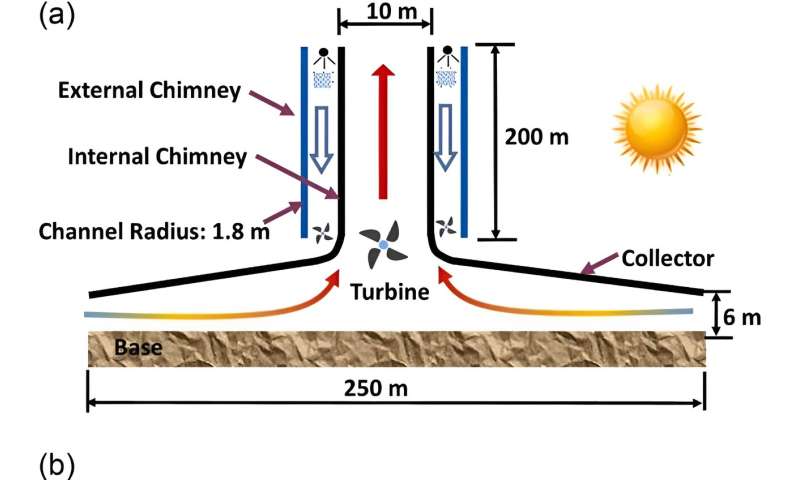Best of Last Week—entangling molecules, new way to collect solar energy, a brain device to treat TBI

It was a good week for physics research as two teams at University College London created quite a stir in the physics world when they announced via two papers, one published in Physical Review X, the other Nature Communications, that they had developed a theory that unites Einstein's theory of gravity with quantum mechanics. Also, a team of astronomers and astrophysicists from institutions in the U.S. and Canada found evidence that ancient stars made extraordinarily heavy elements—heavier even than those that appear on the periodic table. And another team of physicists at Princeton University entangled individual molecules for the first time. The process they developed is expected to have huge implications for quantum computer research efforts.
In technology news, a trio of engineers, two with Qatar University, the other Al Hussein Technical University, developed an innovative twin-technology solar system design for electricity production—their idea was based on the Solar Tower Power Plan, where updrafts and downdrafts created during different times of the day can be used to spin turbines in a tower. And a team of researchers at Ohio State University found that while ChatGPT may do an impressive job at correctly answering complex questions, it often will not defend its answers, even when it is right. The researchers suggest this is a flaw in LLMs like ChatGPT. And, a team at the Korea Institute of Science and Technology's Energy Storage Research Center took another step toward the development of an all-solid-state battery by investigating the degradation mechanisms involved with such batteries. And a team of AI researchers at Google's DeepMind project developed a type of AI system that demonstrates social learning capabilities by studying the actions of AI bots responding to an implanted "expert" in a virtual world created by the team.
In other news, a team of medical researchers led by Center for Addiction and Mental Health, in Canada, developed a drug to treat multiple sclerosis that they described as "promising." Also, a team of psychologists at Georgia State University found, via a study of children between the ages of 3 and 12 raised in different language-speaking families, evidence of a universal, nonverbal communication system. And finally, a team of medical researchers at Stanford Medicine found that surgically implanting a device deep within the brain to calibrate electricity could revive cognitive abilities long after a traumatic brain injury.
© 2023 Science X Network